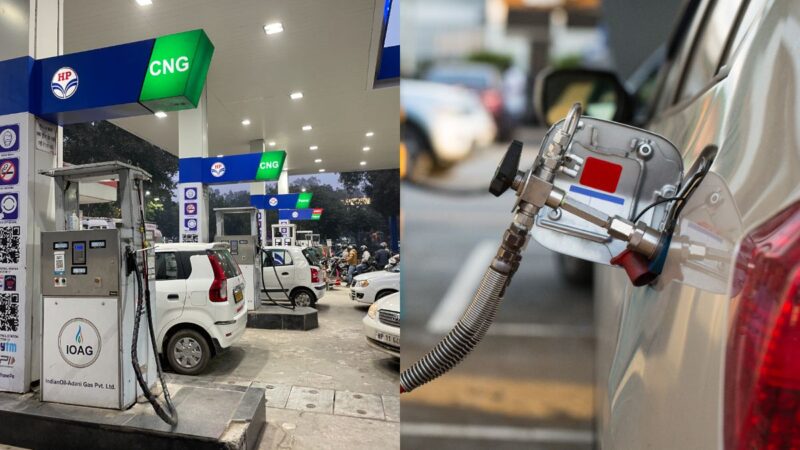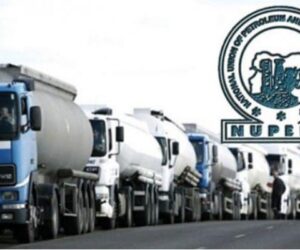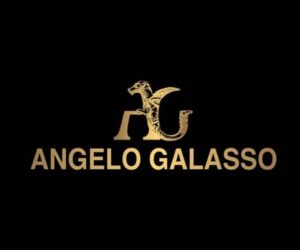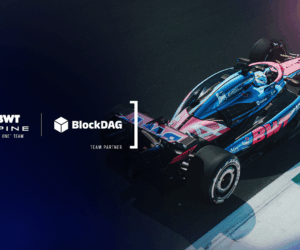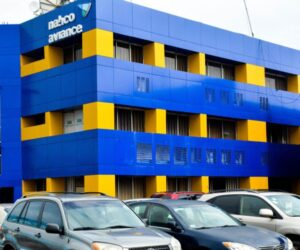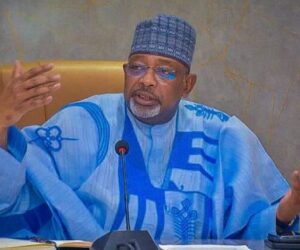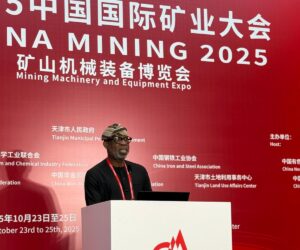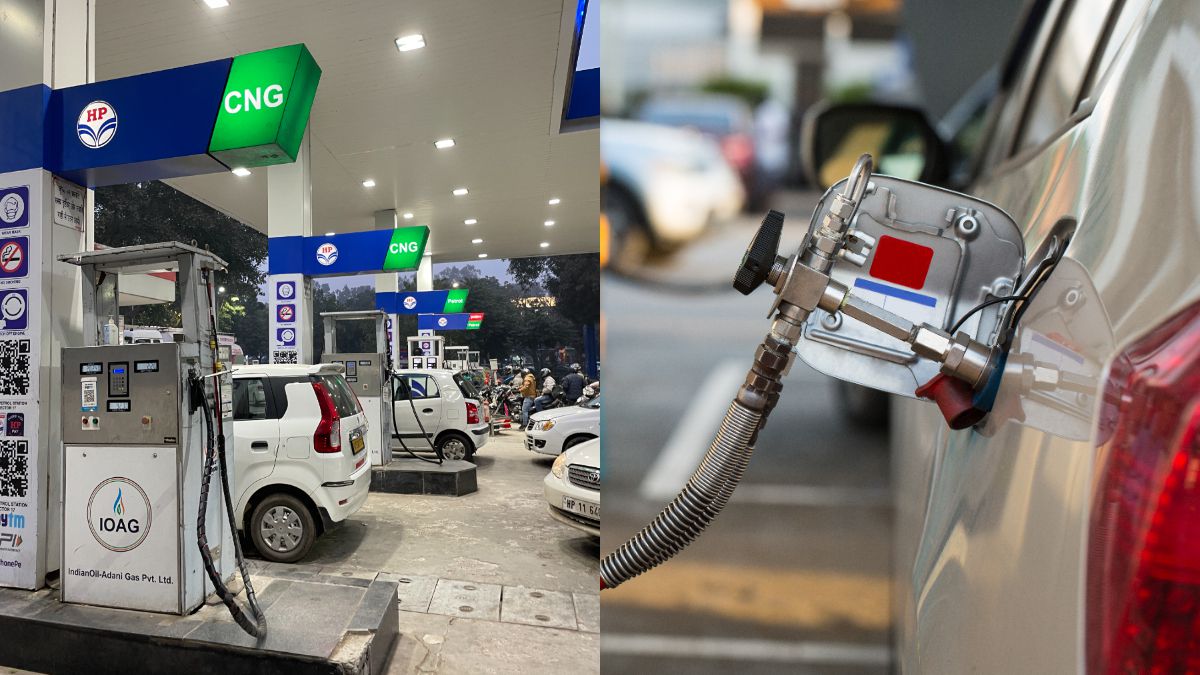
The Federal Government’s push for Compressed Natural Gas (CNG) as an affordable alternative to petrol and diesel is under renewed scrutiny, following a sharp increase in prices and persistent shortages at refuelling stations.
The cost of one standard cubic metre of CNG has nearly doubled, rising from ₦230 to ₦450, after the government quietly reduced its subsidy support. Retailers confirmed that while trucks now pay ₦450/SCM, car drivers and commercial transporters are charged a slightly lower rate of ₦380/SCM.
A senior official of the Presidential Compressed Natural Gas Initiative (PCNGI), who requested anonymity, confirmed the development.
“The refuelling stations now sell at different prices for cars and trucks. So, the price depends on the type of vehicle, whether it is a commercial bus, a truck, or a private car,” he explained.
He added that commercial transport operators continue to benefit from subsidies, which help keep public transportation costs within reach.
“The price is subsidised for commercial vehicles. Trucks transporting goods pay higher prices, while private cars and buses that convey passengers buy at a reduced rate. There’s supposed to be a subsidy across the board, but this is the current situation,” he said.
Rising costs and supply concerns
Beyond pricing, long queues at the few operational CNG stations have compounded frustrations.
“Our main focus is to increase the availability of gas. We want to build more refuelling stations so that no converted vehicle owner will complain that it doesn’t have a place to buy CNG,” the PCNGI official said.
He acknowledged that many vehicle owners, after investing heavily to convert their petrol-powered engines to run on gas, are being forced back to petrol due to unavailability.
ALSO READ: Presidency warns motorists against patronising quacks for CNG conversion
“Some have converted their vehicles, but when gas is not available, they will be running on petrol. So, our major drive right now is to increase the number of CNG stations nationwide,” he explained.
A retailer also confirmed that the price adjustment was made by NNPC Gas Marketing Limited (NGML).
“The Federal Government had capped the price of CNG below its cost since 2023, when petrol subsidies were removed. Now, with the review, the price may rise further to N500 or even N600/SCM to attract more investors,” the retailer said.
Public frustration grows
For many Nigerians, the government’s assurances about CNG being a “cheaper alternative” are increasingly hard to accept.
Adeyemi Paul, a ride-hailing driver in Lagos, told The Punch: “Some of us spent up to N1.5 million or more to convert our vehicles to CNG. Now with the price increase and the long queues, many may have to return to petrol. The government has been trying to convince people that there is cheaper fuel. In reality, the difference between CNG and petrol is not significant.”
ALSO READ: CNG vehicle that exploded in Edo ‘illegally modified’ – Presidency
He added that the long queues were discouraging adoption. “When you see some refuelling stations, the queues are as long as 1.5km. This is not encouraging at all,” he said.
Background: Tinubu’s subsidy gamble
When President Bola Tinubu announced the removal of fuel subsidies in May 2023, the pump price of petrol rose sharply from ₦175 to as high as ₦870 per litre.
To cushion the impact, his administration unveiled the CNG Initiative, encouraging Nigerians to adopt the gas alternative through subsidies and incentives.
In June 2024, the government reported significant progress, stating that the number of CNG-powered vehicles had increased from fewer than 4,000 to almost 100,000 in just one year.
PCNGI Programme Director, Michael Oluwagbemi, noted at the time: “From just seven conversion centres last year, we now have 265 centres nationwide. We’ve also created over 10,000 direct jobs and grown from 20 to 60 operational refuelling stations, with 175 more underway.”
He argued that the government was making steady progress, saying: “Rome wasn’t built in a day. Those who led Nigeria into the fuel subsidy crisis cannot fairly criticise the speed at which we’re addressing it.”
The road ahead
Despite the government’s optimism, industry stakeholders warn that price instability and inadequate infrastructure could derail the adoption of CNG.
With petrol still widely available despite its high cost, motorists may see little incentive to endure higher CNG prices and long queues.
The latest hike also risks discouraging private investment in gas conversion workshops and refuelling stations.
“The government subsidised CNG initially to attract users and sold it to marketers at a reduced price. But now, with the current adjustment, we fear adoption may slow down,” a retailer explained.
Officials of the Petroleum Ministry and the NNPC declined to provide official comments on Tuesday. The spokesman for the Minister of State for Petroleum Resources (Gas), Louis Ibah, stated that he was at an event with the minister and therefore unavailable for clarification.
For now, as prices climb and queues lengthen, many Nigerians are left questioning whether the government’s “cheaper alternative” is truly sustainable, or another fleeting promise amid the country’s energy transition.

